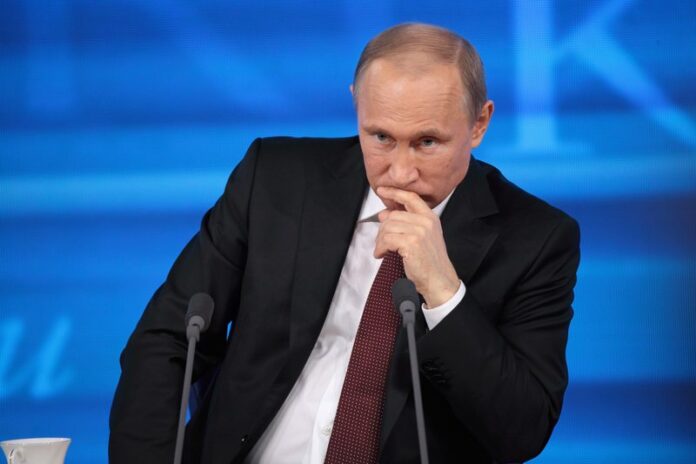Author: Christopher Bort
Affiliation: Central Intelligence Agency (1998 to Present), Intelligence Officer for Office of the Director of National Intelligence (2010-2013, 2017-2021), Carnegie Endowment for International Peace.
Organization/Publisher: Foreign Affairs
Date/Place: March 10, 2022/USA
Type of Literature: Article
Word Count: 2429
Link: https://www.foreignaffairs.com/articles/ukraine/2022-03-10/putin-gambler
Keywords: Ukraine, Russian, and Putin
Brief:
The writer talks about the scenarios that many Russian analysts have predicted about the Russian escalation in Ukraine, and how most analysts and politicians have misread Putin’s intentions because the Russian president viewed the risks to Russia and himself as a result of a large-scale invasion as greater than victories potential. Everyone assumed Putin would opt for cyberattacks, proxy warfare, and other covert and deniable means. The writer argues that Putin has become more willing to take risks because he believes that doing so pays off. He hasn’t lost touch with reality or become “dysfunctional,” as some analysts have suggested. Instead, from his past foreign interventions — particularly in Crimea and Syria — he has learned that boldness, surprise, and playing on his opponents’ fears of a wider war are the keys to getting what he wants. This is why it is dangerous to assume that Putin’s future actions will mirror his past. Looking back, most observers have come to explain Putin’s motives for the Syrian intervention in terms of the benefits it brought Russia. Some of the benefits of Russia’s intervention in Syria seem so self-evident in hindsight that it seems so bewildering that almost no one foresaw them. But the blind spot for many observers has been Putin’s outdated assumptions about the risk-reward calculus. Observers should be careful not to impose their understanding of rational behavior on Putin or assume that he is balancing risks and rewards as they do. Instead, they should seek to understand the evolution of his risk tolerance and make sense of what works best to achieve his goals.
By: Taqwa Abu Kmeil, CIGA Research Assistant




